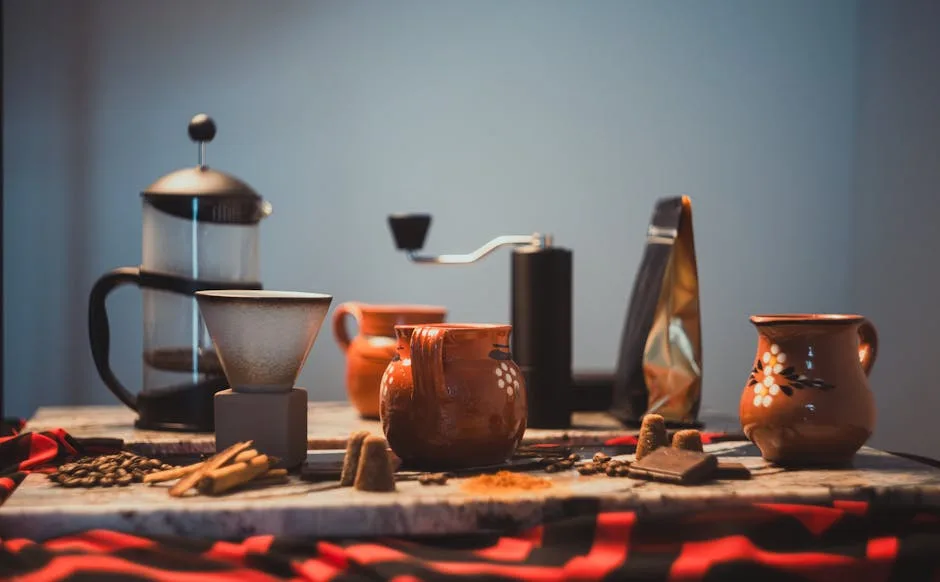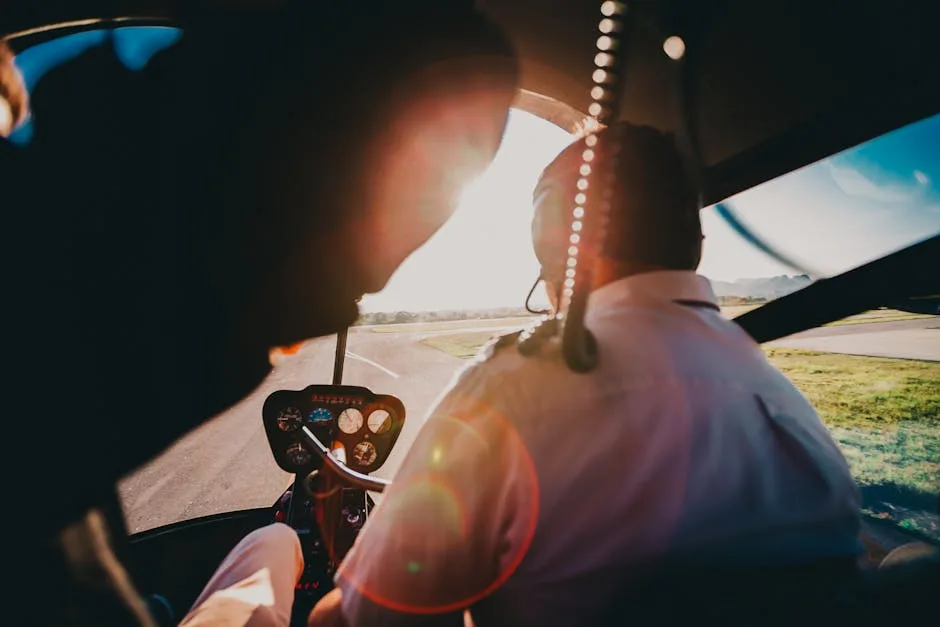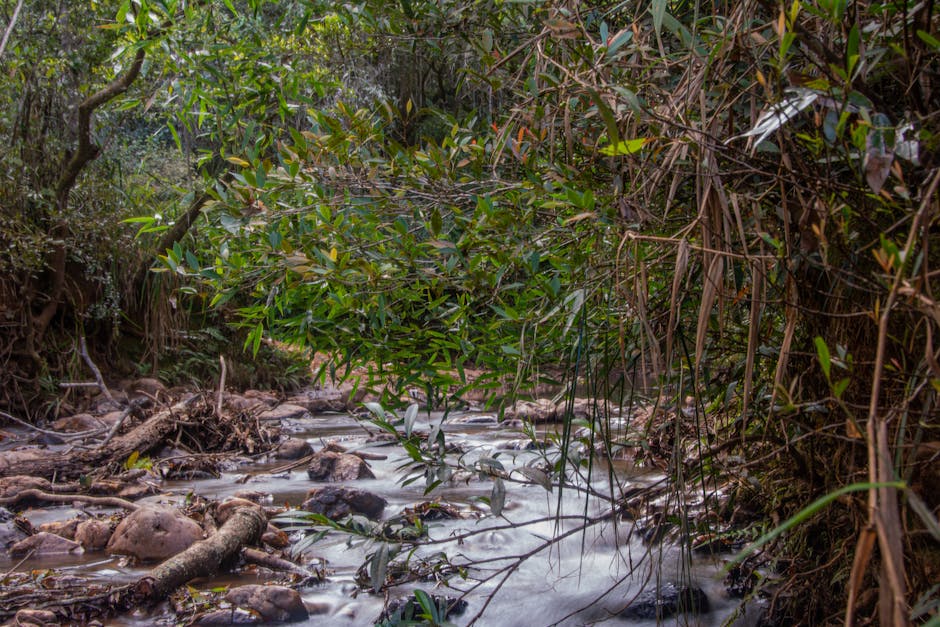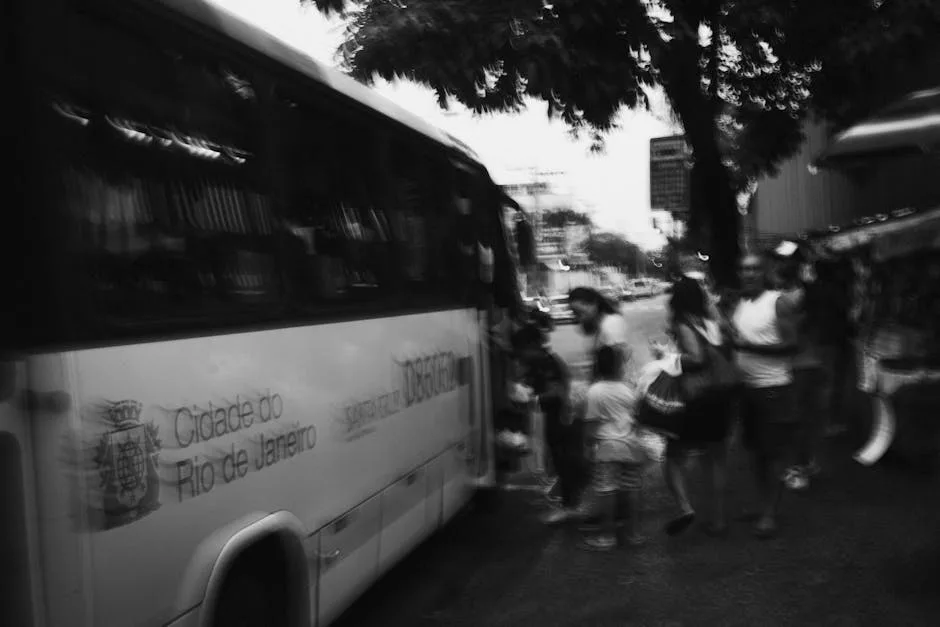- Ready for Brazil? Let's Talk the Talk!
- The First Impressions: Greetings & Politeness
- Essential Greetings
- The Magic Words of Politeness
- On the Move: Navigating and Getting Around
- Asking for Directions
- Key Places & Transport
- A Taste of Brazil: Ordering Food & Drinks
- At the Table
- Must-Try Items to Know
- At the Market: Shopping Essentials
- Beyond the Basics: Sounding Like a Local with *Gírias* (Slang)
- Just in Case: Emergency Phrases
- A Quick Note on Pronunciation
Ready for Brazil? Let’s Talk the Talk!
So, you’ve booked your ticket to brazil! Get ready for the vibrant energy of Rio de Janeiro, the stunning beaches of the Northeast, the powerful roar of Iguaçu Falls, and the unforgettable taste of a real caipirinha. Brazil is a country that awakens the senses, and one of the best ways to dive headfirst into the experience is by embracing the local language: brazilian portuguese.
Don’t worry, no one expects you to be fluent overnight. But learning a few key phrases does more than just help you order a coffee or find the bathroom. It’s a sign of respect, a bridge to connection, and an open door to more authentic interactions. Brazilians are famously warm and friendly people, and they will absolutely love it when you try to speak their language. Your effort, however clumsy, will be met with a smile and encouragement. Let’s get you started with the essentials you’ll actually use on your trip.
The First Impressions: Greetings & Politeness
These are your bread and butter—the words you’ll use every single day, from the moment you greet your hotel receptionist to when you thank your Uber driver. Mastering these will make you feel instantly more comfortable and confident.
Essential Greetings
- Oi / Olá – Both mean “Hi” or “Hello.” Oi is more common and informal, like saying “Hey.” Olá is a little more formal but still perfectly friendly. You can’t go wrong with either!
- Tudo bem? – This is the quintessential Brazilian greeting, meaning “How are you?” or literally, “All good?” The common response is also Tudo bem! or just Tudo.
- Bom dia – Good morning.
- Boa tarde – Good afternoon.
- Boa noite – Good evening / Good night. (Used for both greeting and leaving in the evening).
- Tchau! – Bye! (Pronounced like the Italian “ciao,” but only used for leaving).
The Magic Words of Politeness
- Por favor – Please.
- Obrigado / Obrigada – Thank you. This is an important one! Men say obrigado, and women say obrigada. It’s a small detail that shows you’ve done your homework.
- Com licença – Excuse me (used when you need to pass someone or get their attention).
- Desculpe – Sorry.
- De nada – You’re welcome.

On the Move: Navigating and Getting Around
Whether you’re trying to find Copacabana beach or the nearest subway station, these phrases will be your compass. Don’t be afraid to ask for help; people are generally happy to point you in the right direction.
Asking for Directions
- Onde fica…? – Where is…? (Example: Onde fica o banheiro? – Where is the bathroom?)
- Como eu chego em…? – How do I get to…? (Example: Como eu chego no Cristo Redentor? – How do I get to Christ the Redeemer?)
- É perto / É longe? – Is it near / Is it far?
- À direita / À esquerda / Reto – To the right / To the left / Straight ahead.
Key Places & Transport
- Aeroporto – Airport
- Estação de metrô – Subway station
- Ponto de ônibus – Bus stop
- Praia – Beach
- Hotel / Pousada – Hotel / Guesthouse
- Eu preciso de um táxi/Uber. – I need a taxi/Uber.
A Taste of Brazil: Ordering Food & Drinks
Brazilian cuisine is a delight, from sizzling picanha at a churrascaria to fresh açaí on the beach. Navigating a menu can be intimidating, but these phrases will have you ordering like a pro in no time.
When you enter a restaurant, you’ll be asked how many people are in your party. You can simply hold up fingers or say:
- Uma mesa para dois/três/quatro, por favor. – A table for two/three/four, please.
At the Table
- O cardápio, por favor. – The menu, please.
- Eu gostaria de… – I would like… (Example: Eu gostaria de uma caipirinha.)
- O que você recomenda? – What do you recommend?
- Mais um/uma, por favor. – One more, please. (um for masculine nouns like suco, uma for feminine nouns like cerveja).
- A conta, por favor. – The check, please.

Must-Try Items to Know
- Água (com gás / sem gás) – Water (sparkling / still)
- Cerveja – Beer
- Suco – Juice
- Café – Coffee (usually a small, strong espresso-like shot)
- Pão de queijo – The famous cheese bread balls. A must!
At the Market: Shopping Essentials
From a local street market with handmade crafts to a shop in Ipanema, a little Portuguese goes a long way when you’re browsing for souvenirs.
- Quanto custa? – How much does it cost?
- Estou só olhando, obrigado/a. – I’m just looking, thank you. This is a polite way to browse without pressure.
- Você aceita cartão de crédito? – Do you accept credit card?
- Posso pagar com dinheiro? – Can I pay with cash?
- Tem um tamanho maior/menor? – Do you have a bigger/smaller size?
Beyond the Basics: Sounding Like a Local with *Gírias* (Slang)
Want to really impress your new Brazilian friends? Sprinkle in a little slang! These words are used constantly in casual conversation and will make you sound much more natural.
- Beleza? (beh-LAY-zah) – Literally means “beauty,” but it’s used to mean “Okay,” “Cool,” or “Deal.” You can use it as a question (Beleza?) and as a response (Beleza!).
- Valeu! (vah-LAY-oh) – A super common, informal way to say “Thanks!” Think of it as “Cheers!”
- Cara (CAH-rah) – The Brazilian equivalent of “dude” or “man.” Used to refer to friends. (e.g., E aí, cara? – What’s up, dude?)
- Show de bola! (show jee BAH-lah) – Literally “ball show,” this means something is awesome, fantastic, or really cool.
- Legal (leh-GAOW) – The go-to word for “cool” or “nice.”
Just in Case: Emergency Phrases
Hopefully, you’ll never need these, but it’s always wise to have them in your back pocket. Knowing how to ask for help is crucial for any traveler.
- Socorro! – Help! (For serious situations).
- Preciso de ajuda. – I need help.
- Chame a polícia / uma ambulância. – Call the police / an ambulance.
- Onde é o hospital mais próximo? – Where is the nearest hospital?
- Eu não entendo. – I don’t understand.
- Você fala inglês? – Do you speak English?

A Quick Note on Pronunciation
Brazilian Portuguese has a beautiful, melodic sound that can be a bit tricky at first. Don’t stress about perfection, but here are a few tips to get you closer to the local accent:
- The letter ‘R’ at the beginning of a word sounds like the ‘H’ in “house” (e.g., Rio sounds like “Hee-oh”).
- ‘DE’ and ‘DI’ often sound like the ‘J’ in “jeep” (e.g., Bom dia sounds like “Bong JEE-ah”).
- ‘TE’ and ‘TI’ often sound like the ‘CH’ in “cheese” (e.g., Leite sounds like “Lay-chee”).
- The ‘ão’ sound is very nasal, kind of like saying “ow” while pinching your nose (e.g., não, pão).
The most important thing to remember is that trying is what counts. Your journey through Brazil will be so much richer when you open your mouth and give it a shot. So practice these phrases, be ready to laugh at your own mistakes, and prepare for the incredible warmth you’ll receive in return. Boa viagem! (Have a good trip!)




